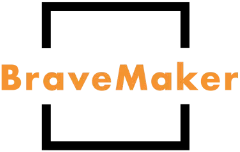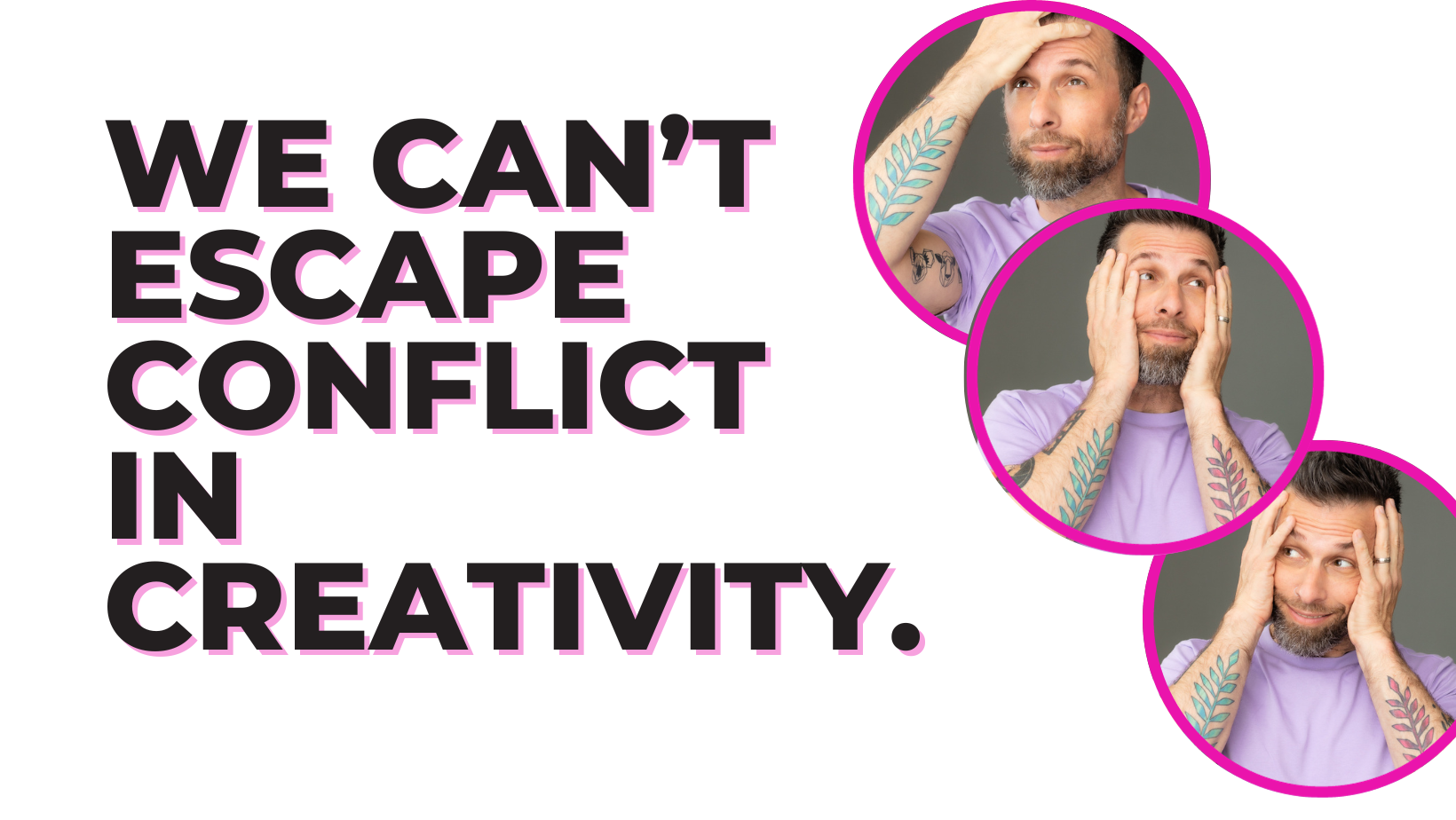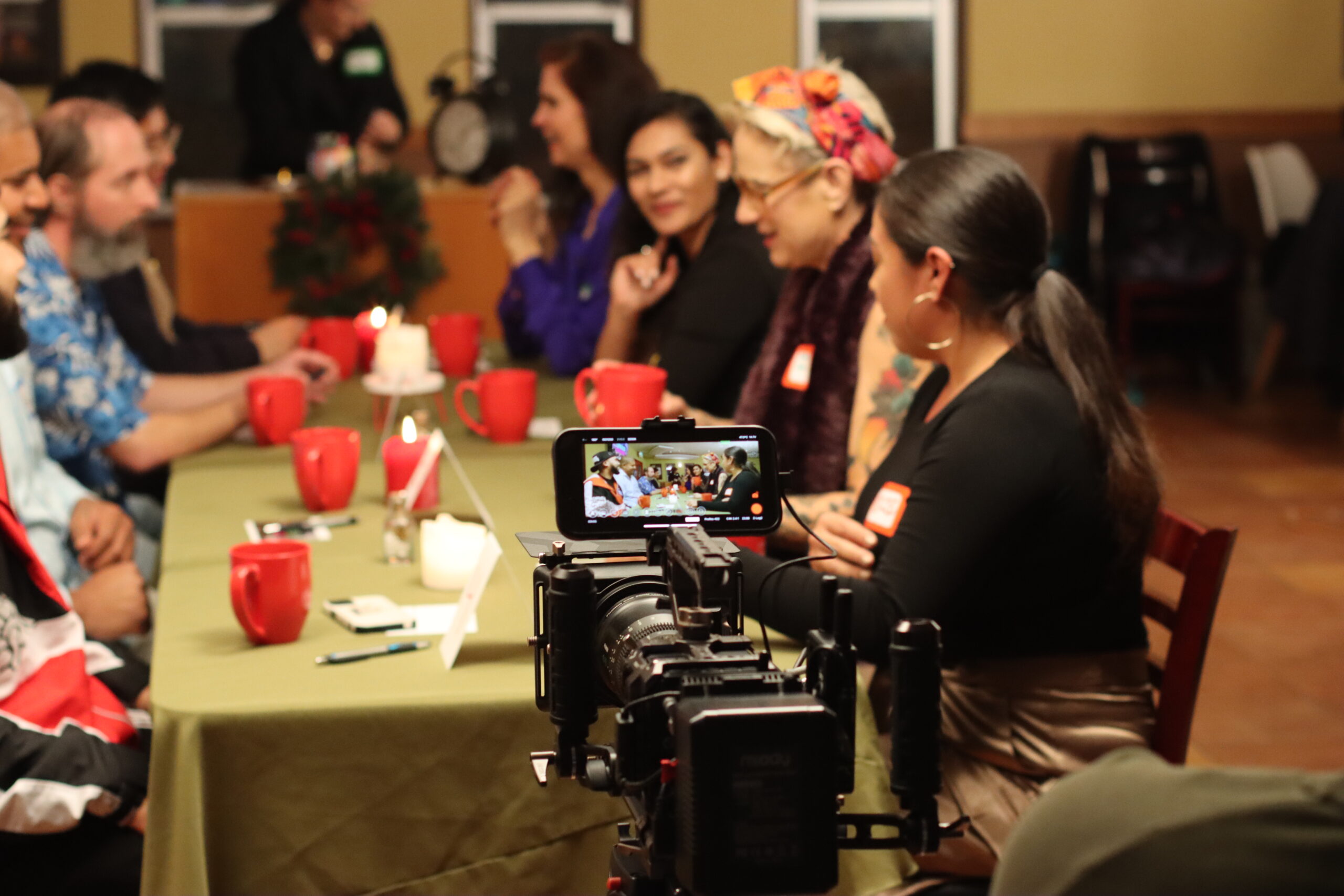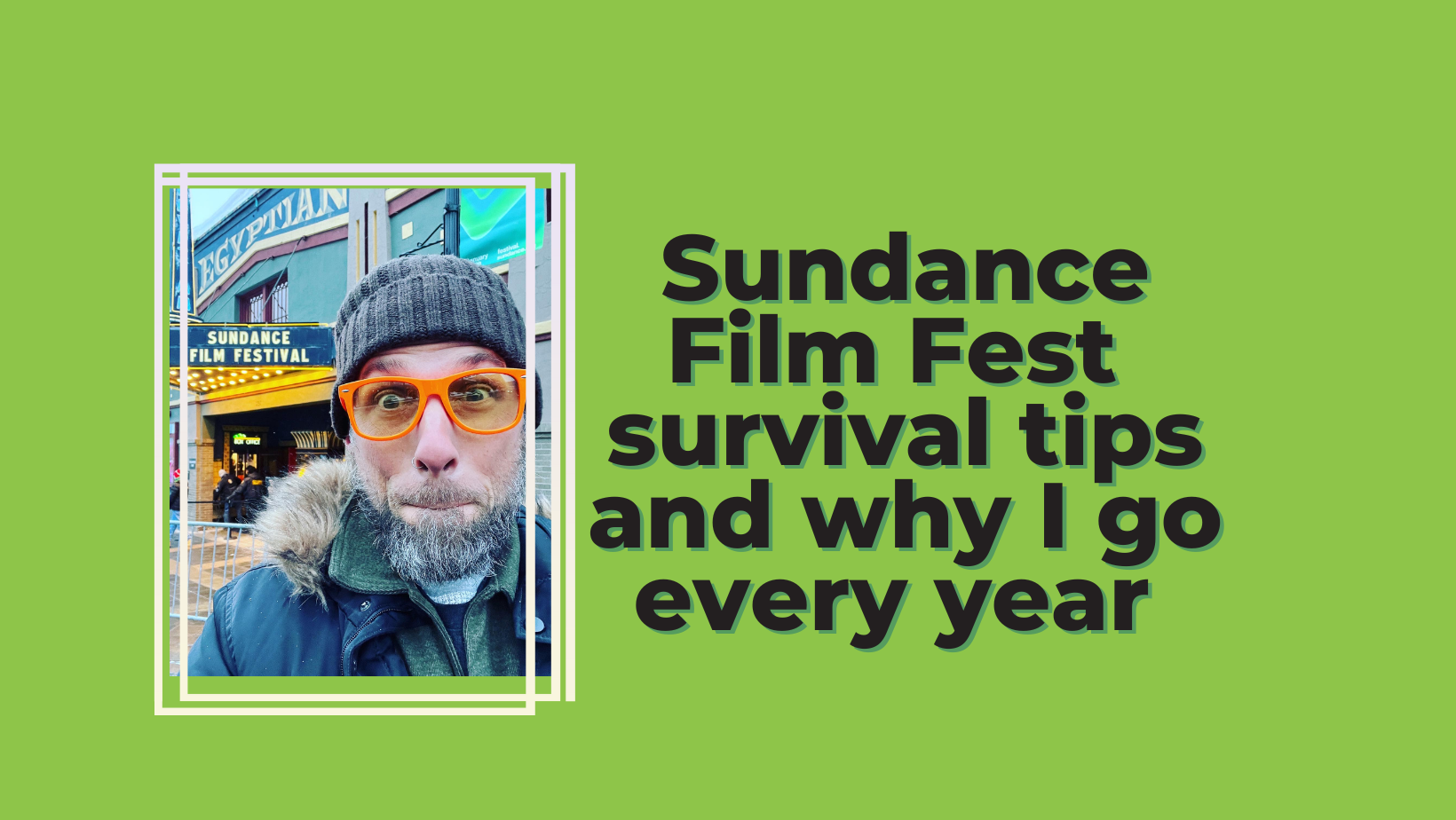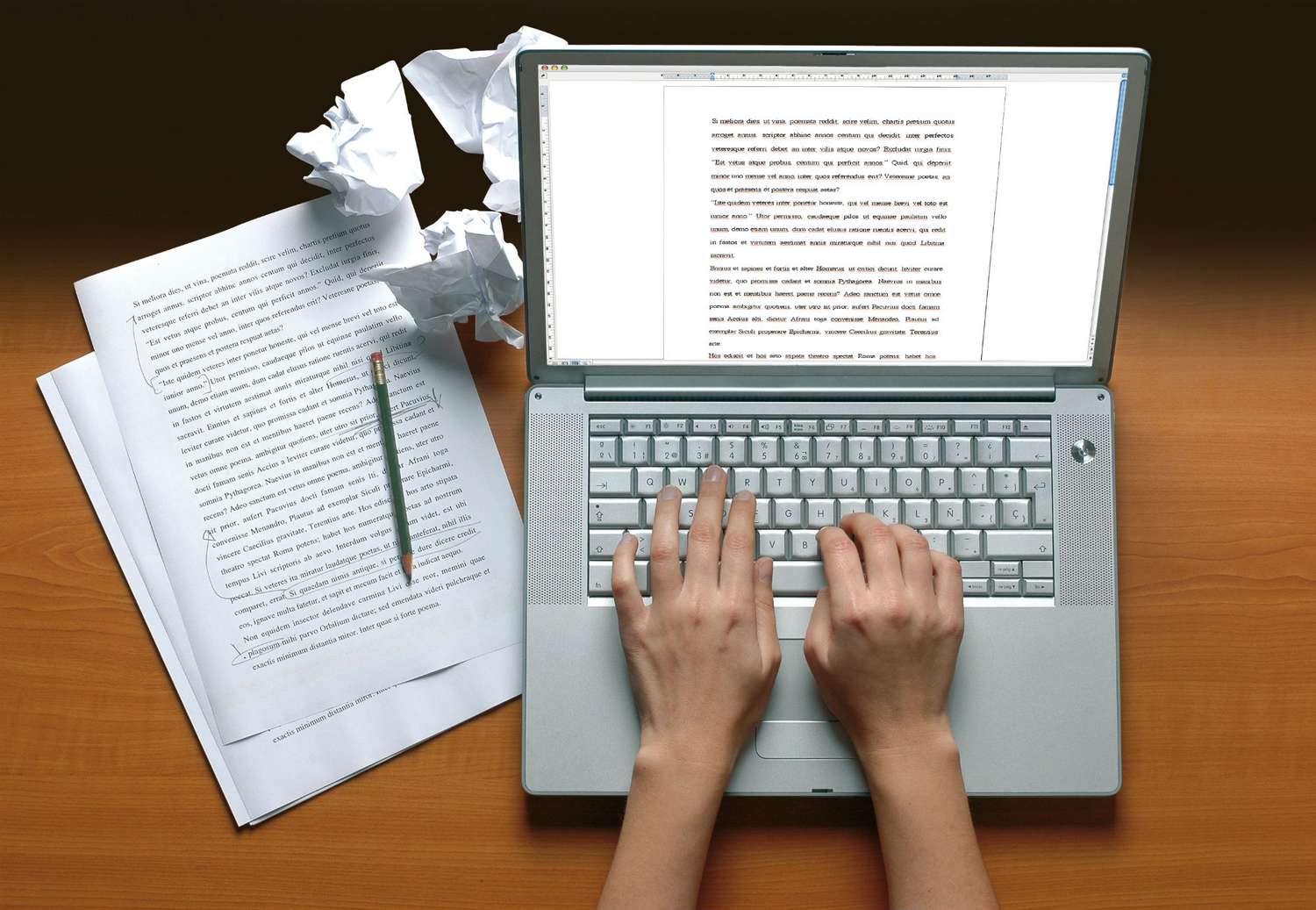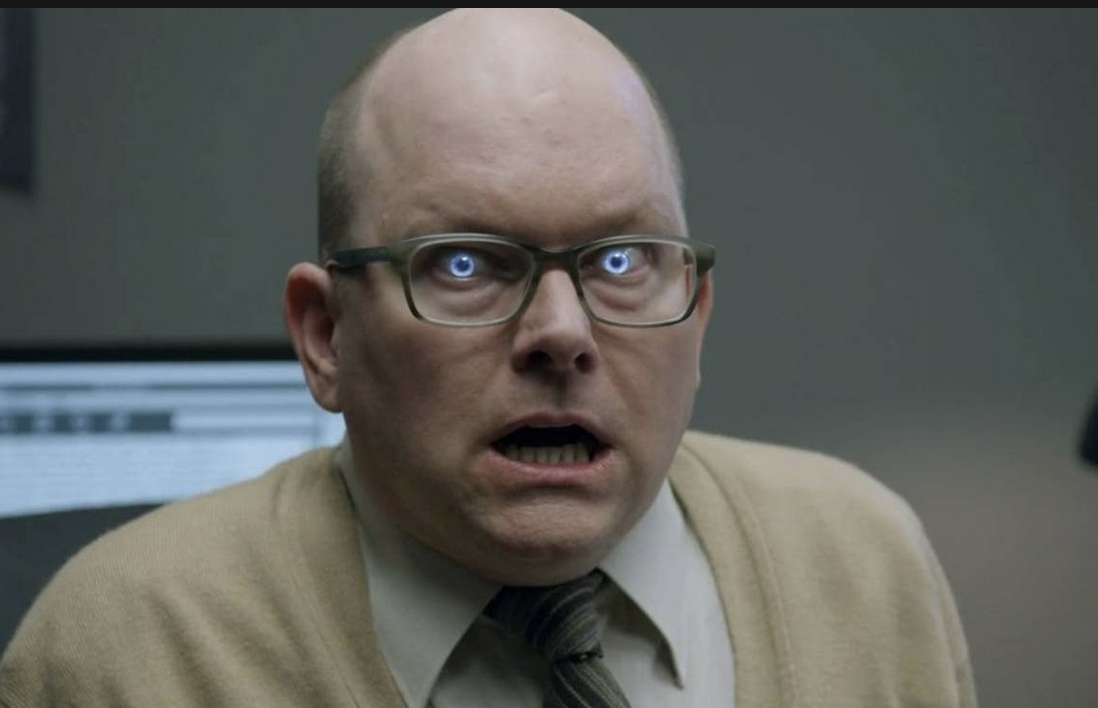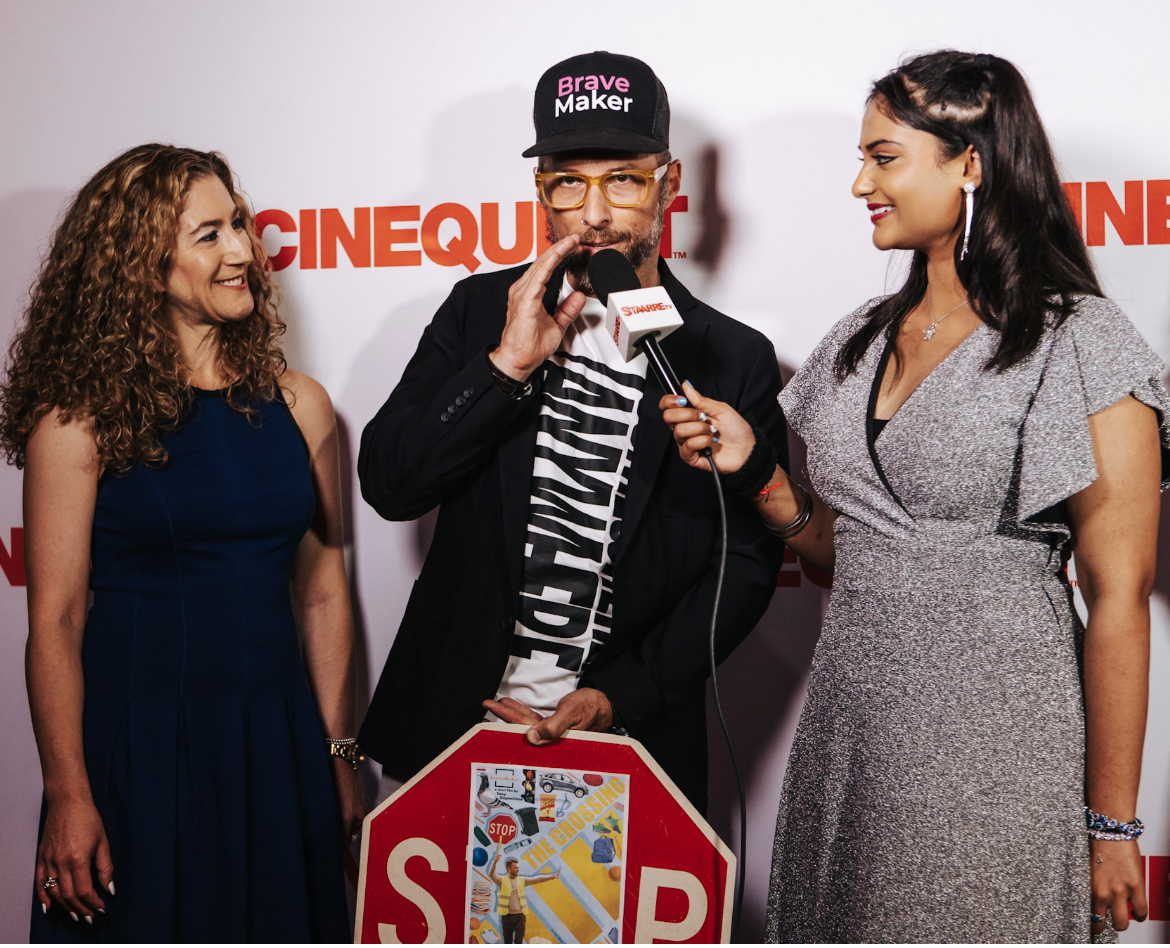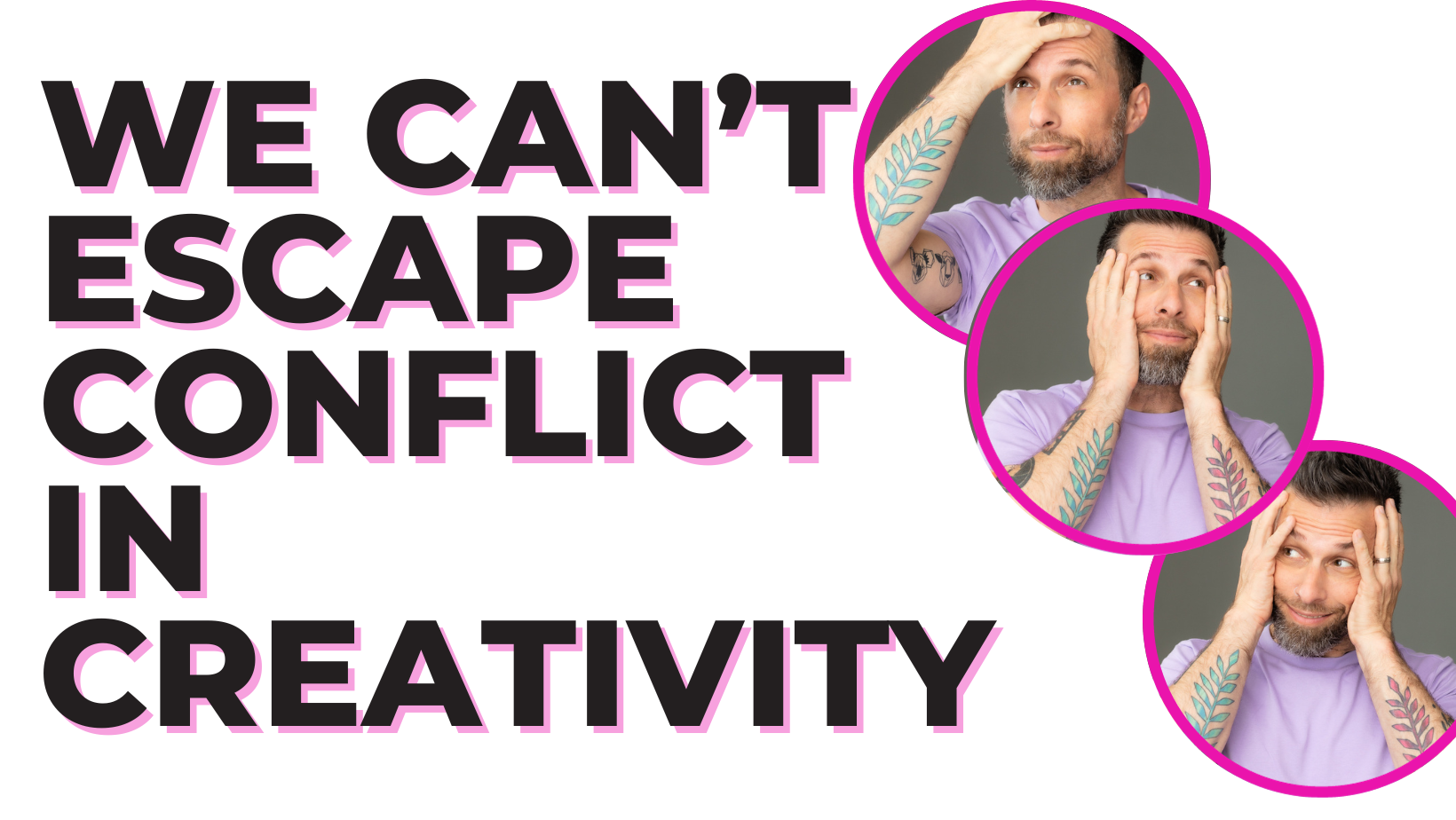
Dare I say it? There is no real creativity… without conflict.
Not my favorite thing, conflict, but it’s a necessary and important part of creativity…and life itself.
Life is full of conflict. Just go on X, formally known as Twitter for five minutes and see all the differing opinions.
People debating war, human rights and the best cup of coffee.
We can’t get around conflict.
Here’s two reasons why I think we need conflict.
Conflict makes us better, (it matures us). And creative conflicts can result in new ideas or elevated outcomes which we would not have with the challenges conflict brings.
Anyone who makes/writes movies knows without conflict you have a boring story.
So,if we want interesting, non-boring lives, we must embrace the conflict.
For me, no other place is more full of both conflict and creativity than the filmmaking process.
I’m learning to love it. most times. So in the context of conflict in our creative endeavors here is why we should embrace it and not avoid or resent it.
1-Conflict makes us better, it matures us as artists (as well as our art and our art making).
I would define conflict as anything that incites strife or struggle. Could be disagreements, controversy, contradictions, creative collisions, (lots of C words) or differences of opinion. (I will not address aggression or negative/destructive behavior in depth in this blog, but that is included. Conflict that threatens public safety is a whole other conversation).
Conflicts could be mistakes. We all make mistakes. Balls will be dropped.
Conflicts could be Misunderstandings. They happen all the time. When they do, we learn to compromise. We learn to forgive (or not). We learn to move forward or not.
Conflicts can be betrayals and deceptions. Yuck. This happens all to much. We learn who can be trusted and who we want to continue being in collaborative relationship with or not.. We learn if we (and others) are capable of taking responsibility for our own actions. When we do, we grow and therefore we can be better. These things, hopefully, all can make us better humans.
Every time I make a film, our producing team reflects. What worked well? What should we continue doing? What needed improvement? What should we never do again (or who should we never again work with?).
When I made my first feature film, Last Chance Charlene, I learned so much about scheduling a film and getting things in writing and hiring the right crew. You can be sure I will try to never make some of those mistakes again. Read that blog here.
Conflict is a teacher. It shows us how we can improve and mature along the way, if we let it.
I’m still learning.
2-Creative conflicts can result in new ideas and elevated outcomes (and better collaborations).
Just a few weeks ago we were filming my newest short film CREATURE COMFORTER and all sorts of conflicts emerged.
First off. I didn’t have enough money to cover food, let alone all our cast/crew. What else is new? Many volunteered and actors even chipped in for their wardrobe and make-up special FX materials. But we HAVE TO FEED PEOPLE. It forced me to be innovative. So I made a reel on my instagram page to ask for PARTNERSHIP. Not a hand out. I didn’t want to beg, but I had to get creative. I wanted to offer an opportunity to others to partner with us.
And guess what? We got enough money to cover snacks and lunch. Thank you to our donor, screenwriter Olga Gabris. And now. We have a meeting next week to talk about how BraveMaker can partner with Olga to produce her screenplay. WOW! This is a direct result of how conflict can create new outcomes. (Not to mention, I met Olga at the BraveMaker Film Fest this year because of our partnership with Roadmap writers. Filmmaking is a business of relationships).
Secondly, during our CREATURE COMFORTER shoot we also had to alter our schedule due to a number of unforeseen factors. It impacted me of course as director, but especially our special effects make-up crew, our actors, our producers and camera crew. It was a bit stressful. But what I saw in many of the crew was a go-with-the flow, make it happen attitude. And you can be sure I took note because I will want to work with many of these amazing people again.
So in conclusion, in my opinion, here’s how NOT to handle conflict in a creative setting with some ideas of what to do instead:
- DO NOT pout, give up or throw a temper tantrum. What good will that do? Be a mature person and own it. Instead take some deep breaths, Count to ten. Take a beak or twenty minute walk if you can. Brainstorm with a trusted person on how to move forward in a way that seems best and reasonable to all.
- DO NOT gossip, scream, tear others apart (especially in a public setting) or hit people (assaulting someone will send you to jail). Instead ask questions. (My wife taught me “Be curious not furious.”). Go to the source whenever possible. Again brainstorm options for resolution (chances are there are a few). Take time to have a private conversation with someone to figure things out respectfully. And on your own time, get a punching bag. I have one in my garage and I can tell you it helps.
- DO NOT avoid conflict, run from it, or pretend like it doesn’t exist. Instead, take time to process if you need it but be intentional to address the conflict as soon as possible. Don’t allow things to fester. In some cases on set, you don’t have lots of time to resolve your issue. (and for the love of God don’t address conflict in text or email. Be an adult and talk in person). In some cases you might have to fire or remove a person/source of conflict from a set or the team if they and or their presence continues to fuel strife and struggle. And Get help. There are professionals, counselors, life/business coaches and so many books/videos to help you learn to be a good conflict resolver.
You can do hard things. And if you can conquer those obstacles, those conflicts just might inspire your creativity beyond what you could imagine.
Just picture those conflicts being written as scenes in which some day you will produce, perform and/or see on screen.
That’s what I do.
And in some way it’s very therapeutic because conflict is exhausting, isn’t it? I like to think of it as a positive outcome, another redemptive element of how much work goes into resolving conflict.
If you don’t agree, that’s fine we can work through this disagreement just read this blog again.
